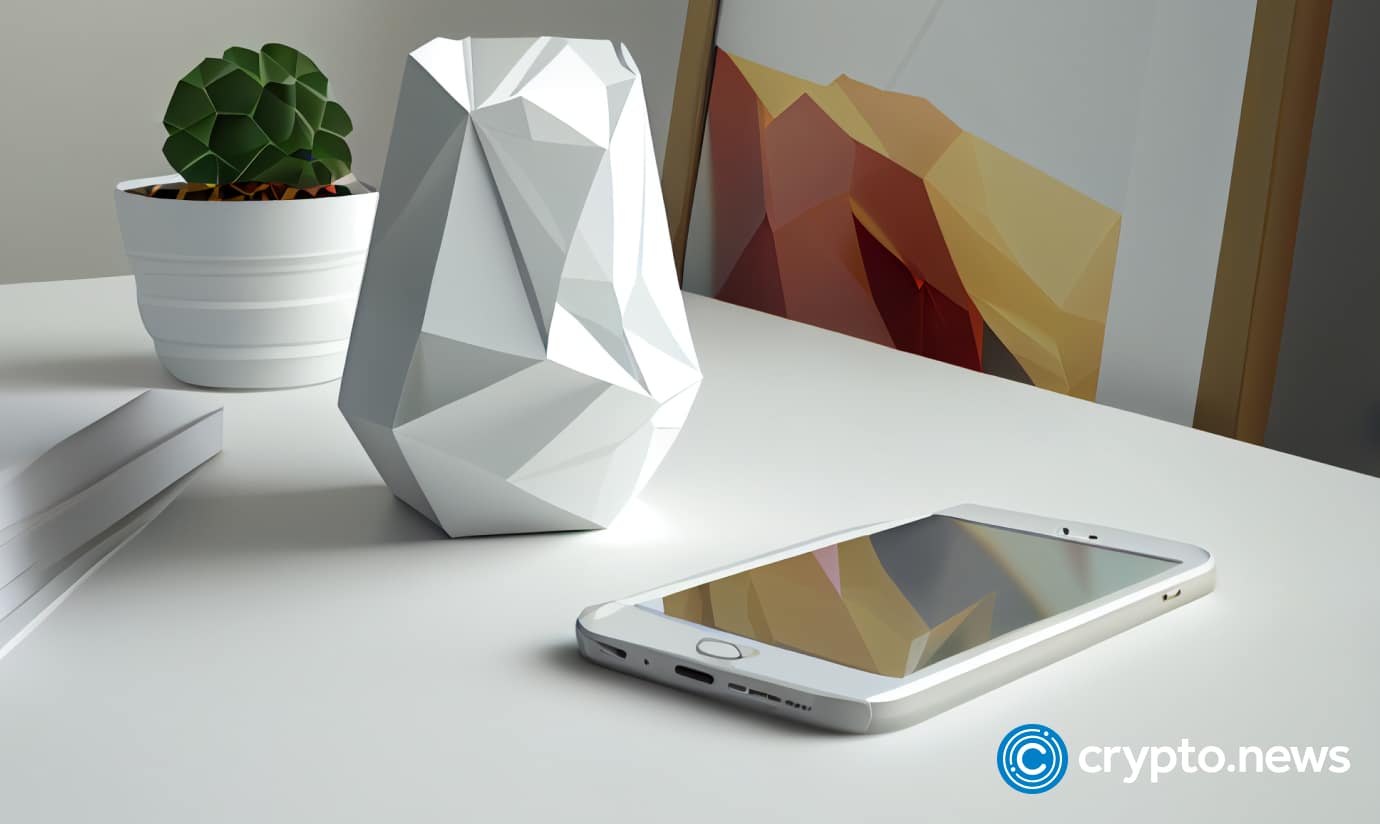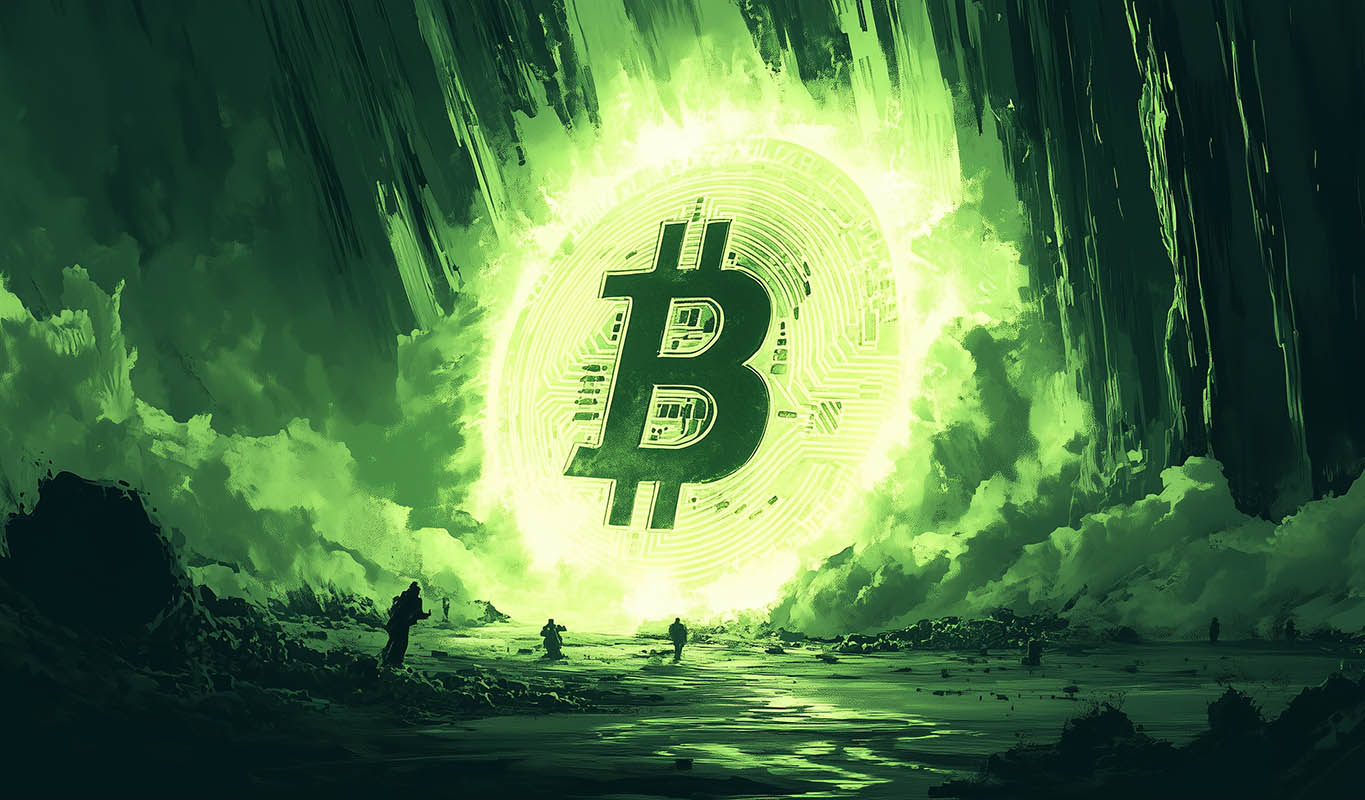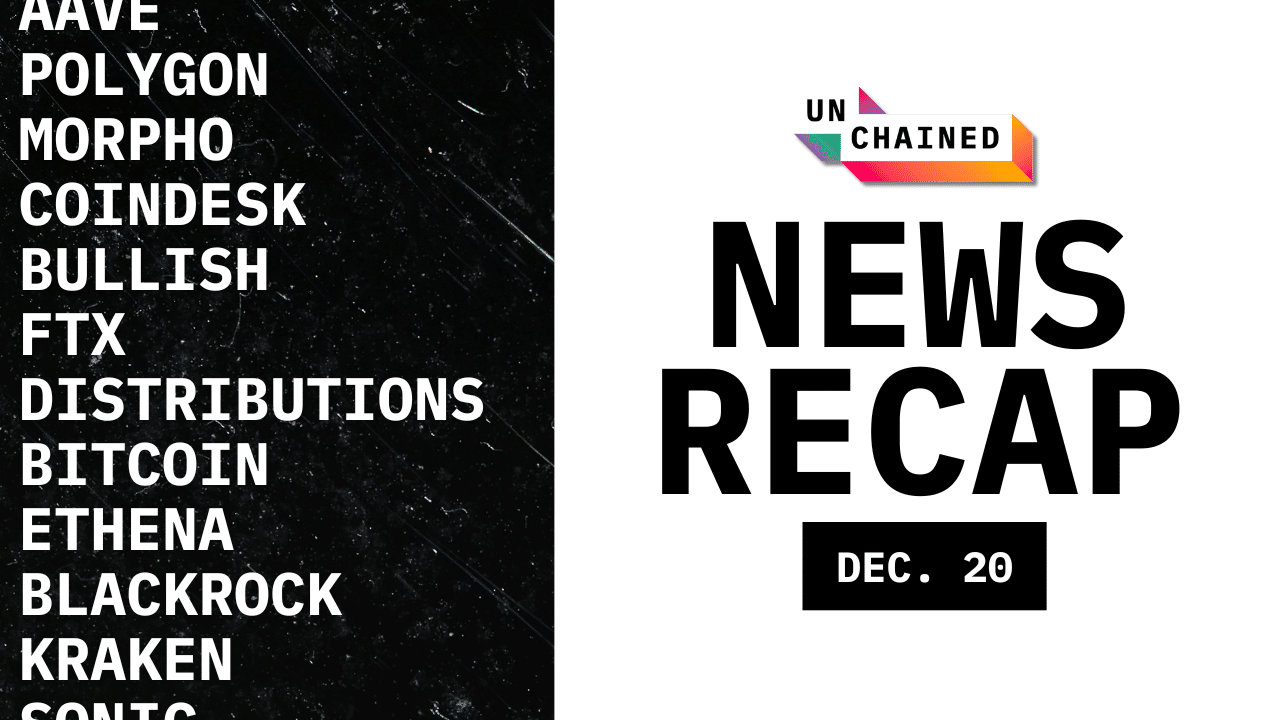
Share
Is Pi Coin a groundbreaking innovation or a clever marketing strategy? In this article, we’ll explore the controversies surrounding Pi Network and unpack its trading status, and try to answer the burning question: is Pi Coin legit or just a fluke?
Picture this: a digital currency that can be mined on a mobile device without specialized hardware or excessive energy consumption. That sounds like a game-changer, right? Well, that’s precisely what Pi Coin claims to be.
Created by Stanford graduates, Pi Coin aims to be a decentralized and eco-friendly alternative to traditional cryptocurrencies.
But here’s where it gets weird: Pi Coin is still in beta testing, and yet its prices and trading volumes are showing up on main cryptocurrency platforms, including CoinMarketCap, Binance, and Coinbase.
Moreover, some individuals claim to have already amassed significant amounts of Pi Coins and offer them for sale on certain exchanges.
The FUD has reached new heights, with some Twitter users claiming the value of one Pi coin to be $314,519, more than 10x of the current BTC price.
Pi Network claims to allow users to mine its digital currency, Pi Coin, using their mobile phones instead of specialized hardware.
And since Pi Network uses a consensus algorithm based on social trust rather than computational power, the energy consumption associated with mining is significantly lower than that of traditional cryptocurrencies.
So why is the Pi Network being developed? According to the team behind the project, the goal is to create a decentralized and inclusive digital currency accessible to everyone, regardless of their technical expertise or financial resources.
The team envisions a future where Pi Coin can be used for everyday transactions, such as buying groceries or paying bills, without intermediaries or fees.
Pi Coin has sparked a heated discussion on social media platforms such as Reddit, where users debate whether the currency is a valuable investment opportunity or a scam.
In one Reddit chat, a user claimed to be selling 1000 Pi coins for $45 each and invited others to make offers. However, another user quickly pointed out that the coins’ value may be significantly lower than advertised.
Despite not being officially launched, the currency has already been listed on several exchanges, including Huobi and Hotcoin, where it is actively traded.
Hotcoin Global, a lesser-known crypto exchange, leads the Pi trading volumes with a gigantic 45% share, followed by Huobi with 25%.
As of March 14, Pi coin was trading at $44.05, with a trading volume reaching $730,311, according to CoinMarketCap. Even more striking is that it reached an all-time high of $330.65 on Dec. 30, 2022.
However, the Pi Core team has warned users against trading on these exchanges, as they are not approved by the team and may be risky.
Pi has not been listed on any exchange, and Pi Network has not been involved with any purported listings. You could sustain substantial loss by participating in unauthorized listings. Read more on our website: https://t.co/rbntZ7DROj pic.twitter.com/LJztPOH35c
It seems that opinions on Pi Coin are mixed, with some users believing it to be a promising investment opportunity and others warning against getting involved in what they see as a potential scam.
The Pi Coin has been causing quite a stir since its inception, and not necessarily for the right reasons. While its creators claim it can potentially revolutionize the crypto world, several concerns must be addressed.
Pioneers in Cameroon giving News channels update on The progress of Picoin adoption. No other crypto project is massive as Pi Network.#WhatIDoForPi #LuncBurn #Crypto BUSD Chi Exotic pic.twitter.com/MYcYD6nBDX
Firstly, the lack of transparency surrounding the Pi coin is worrying. The technology behind it and the team members, except for the head of tech and head of product, remains a mystery, leaving many investors in the dark.
And if you’re looking to get in on the action, be prepared to jump through hoops. The only way to join the Pi Network is through an invitation from an existing member. It’s no wonder Pi networkers are in high demand – each referral earns them extra Pi Coins. But is the referral program all it seems?
Critics have likened it to a pyramid scheme, which is illegal in many countries. While Pi’s referral program is a type of Multi-Level Marketing (MLM), where users only receive bonuses for direct referrals, some are still concerned about the potential risks.
On top of all this, there are doubts about Pi coin’s real-world applications. Without any practical use cases, its value is based purely on speculation – a concerning thought for potential investors.
And finally, the centralized control of Pi coins has raised some eyebrows. A small group of individuals controls the platform, leaving it open to manipulation and censorship.
On the one hand, the network already boasts over 30 million active miners and users in beta, poised to take off once the open mainnet finally launches.
But on the other hand, after years of hype, there’s still no sign of the open mainnet, leaving many to wonder if the Pi Coin will ever have any real value.
Moreover, Pi Coin official account on Twitter tended to be vocal on Pi Day on March 14, widely celebrated not only by scientists across the world but by the coin’s community as well. For instance, in 2020, the team announced the Pi Coin giveaway. And in 2022, new ways to mine the coin were announced on Pi Day:
Pi Day is coming and, with it, new ways to mine Pi. Starting March 14, #piday2022, Pioneers will be able to receive mining rewards through app usage, node hosting and lockup settings! We'll be sharing more details on how the new rewards are calculated very soon. Stay tuned… pic.twitter.com/olw9r1RT7z
However, in 2023 Pi Coin’s official Twitter handle was unusually silent on Pi Day. Moreover, Pi’s head of technology, Nicolas Kokkalis, went numb on Twitter in 2021.
People have been attempting to falsely associate me with their projects. Please be careful. I am currently only working at Pi Network @PiCoreTeam and, once a year, teaching a class at Stanford. I am not advising or working with any other projects.
The debate rages on, and until the crypto goes public or is exposed as a scam, there’s no telling which way things will go.
So, is Pi Network legit or a scam? The jury’s still out, but we’ll keep you posted on any developments. Before jumping on board, read the Pi disclaimer and remember that the token is currently not tradeable.
Read more about
Deep Dives
As Bitcoin soars, major brands will find crypto more palatable | Opinion
Michael Saylor is willing to advise Trump on the crypto policy
Charts of the week: HYPE, BGB and MOVE rally in double-digits, Bitcoin crash does not fade gains
Why crypto market’s dip isn’t the end of the bull market — According to experts
ZKP voting promises to unlock mathematically secure democracies | Opinion
Can your crypto portfolio beat the market? Whales are buying these altcoins
Exclusive: Unraveling the Lainchain scam — A phishing scheme circulating at Paris networking events
Gaming chains are winning over developers and players | Opinion
California court permits Coinbase to delist Wrapped Bitcoin amid legal battle with BiT Global
Key strategies on how to make DePIN mainstream | Opinion
Related News
Charts of the week: HYPE, BGB and MOVE rally in double-digits, Bitcoin crash does not fade gains
US charges developer in LockBit group, paid in crypto
Vivek Ramaswamy’s X account hacked to promote fake crypto partnership
Get crypto market analysis and curated news delivered right to your inbox every week.
You have successfully joined our subscriber list.
source


![]() JOIN US ON TELEGRAM
JOIN US ON TELEGRAM![]() JOIN US ON X
JOIN US ON X![]() JOIN US ON FACEBOOK
JOIN US ON FACEBOOK








